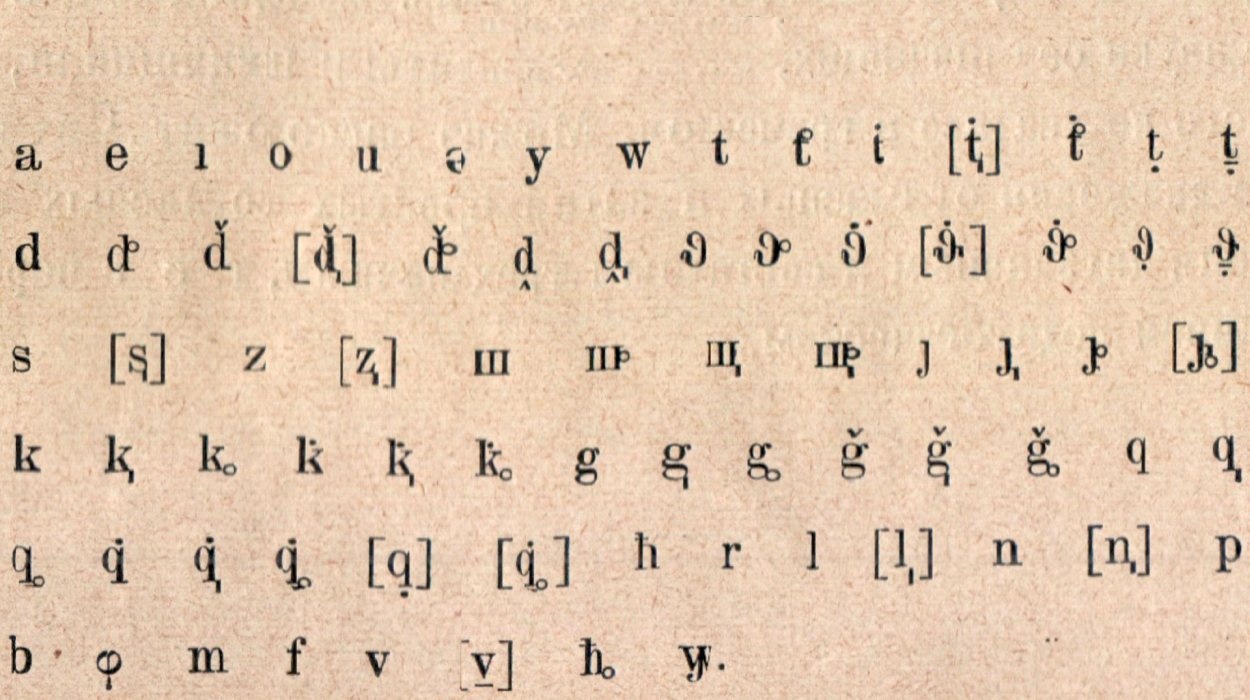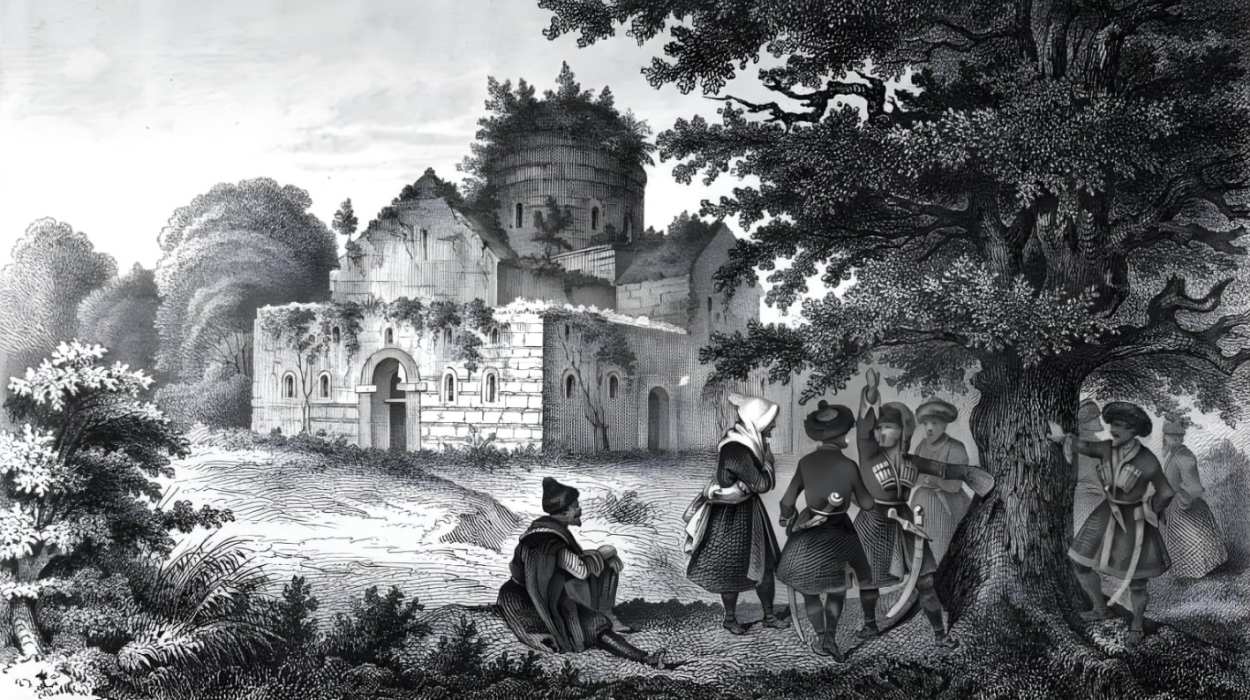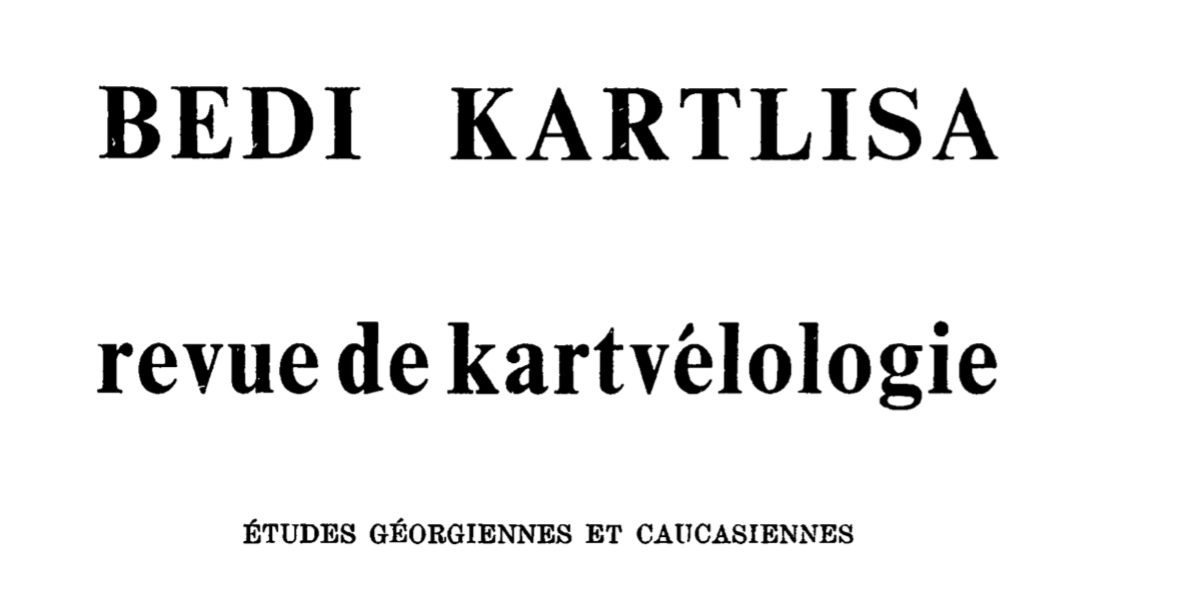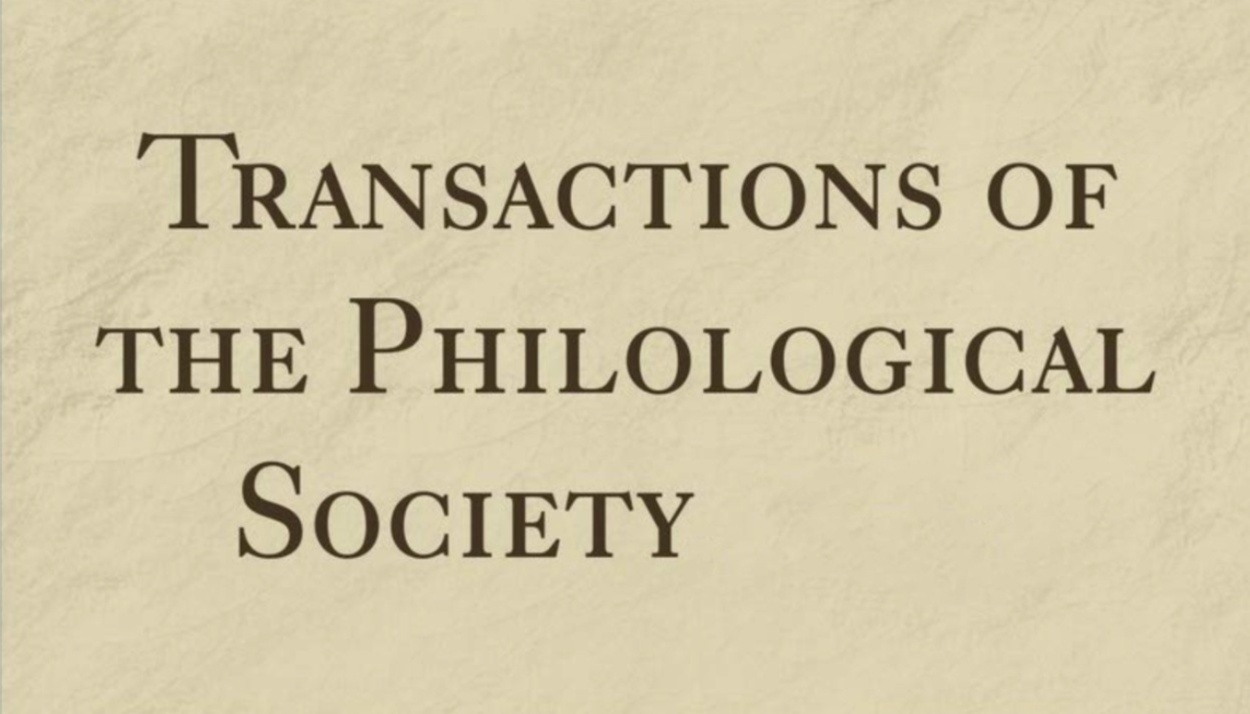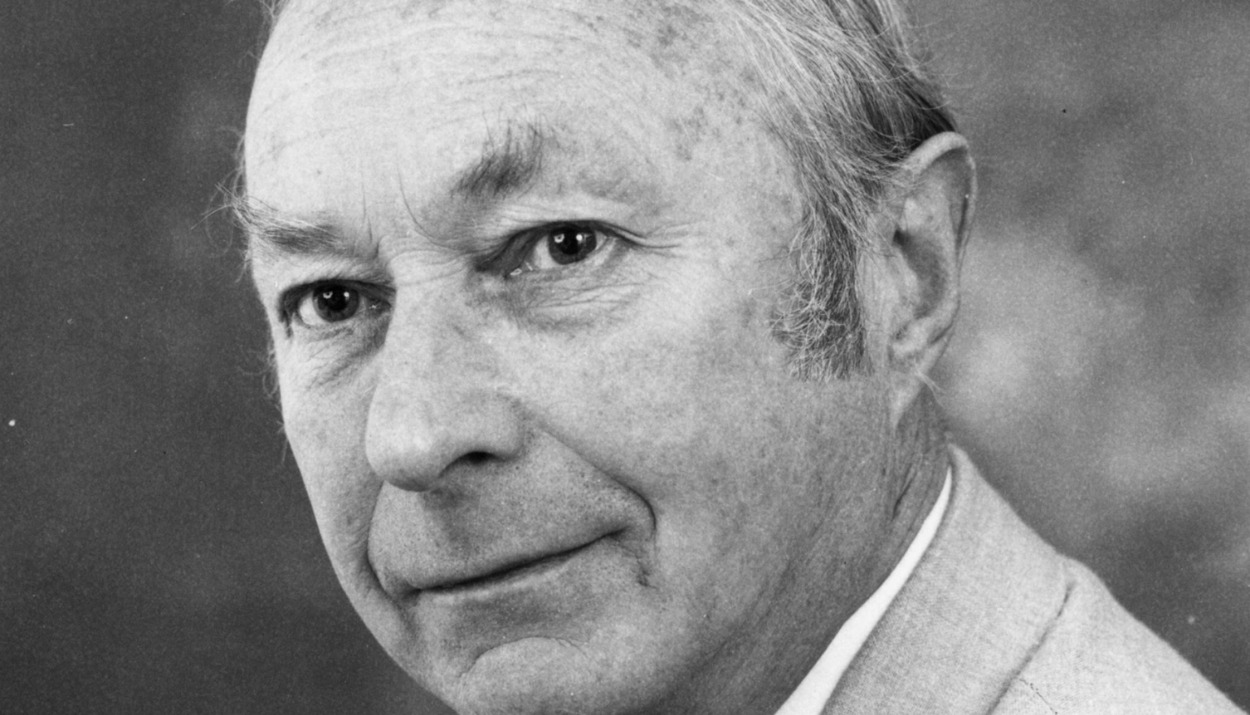A New Look at Old Armenisms in Kartvelian, by Rasmus Thorsø

Armeniaca Vol. 1 – Armeniaca 1: 97-110. October 2022
Rasmus Thorsø
Leiden University, Netherlands, Comparative Indo-European Linguistics
ABSTRACT
The present paper is concerned with the most ancient layer of Armenian loanwords (armenisms) in the Kartvelian languages. Due to the relatively conservative historical phonology of Kartvelian, compared to Armenian, it appears that more archaic forms have occasionally been preserved. These forms can be identified on the basis of the comparative method. Here, six of the previously proposed armenisms and one new proposal, a word for ‘crane’, are discussed. It is proposed that this stratum of loans probably dates to the latter half of the 2nd millennium BC and prior to the breakup of Proto-Georgian-Zan.


